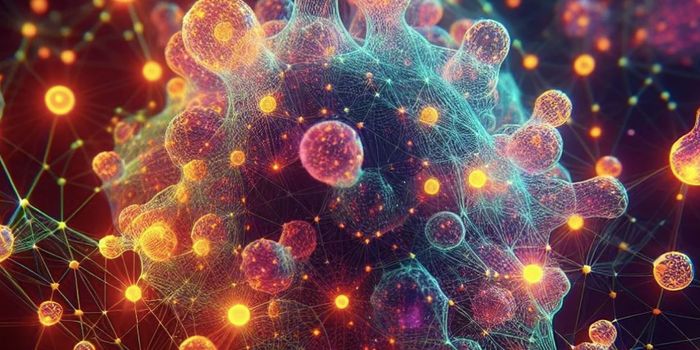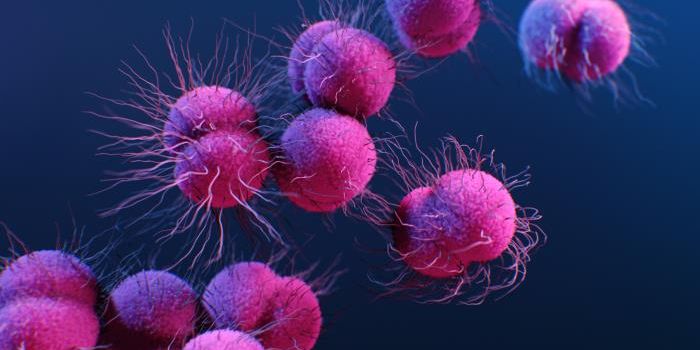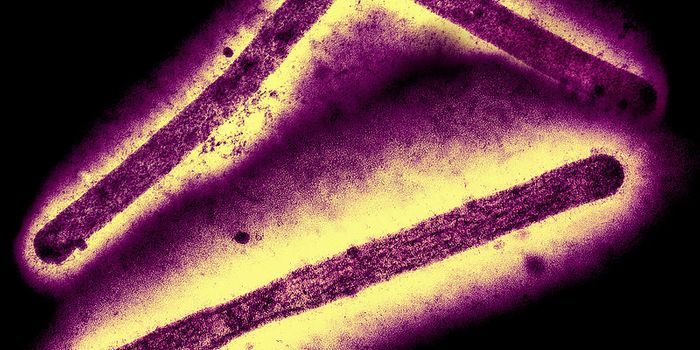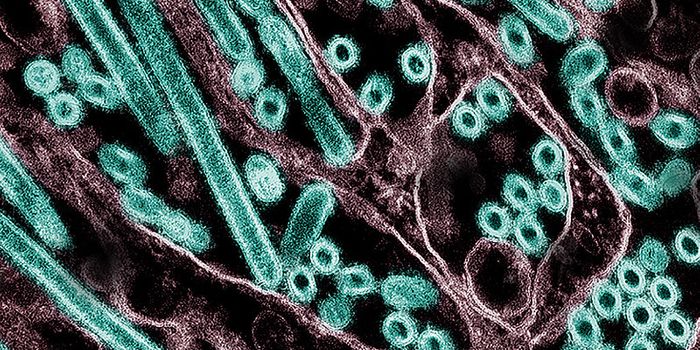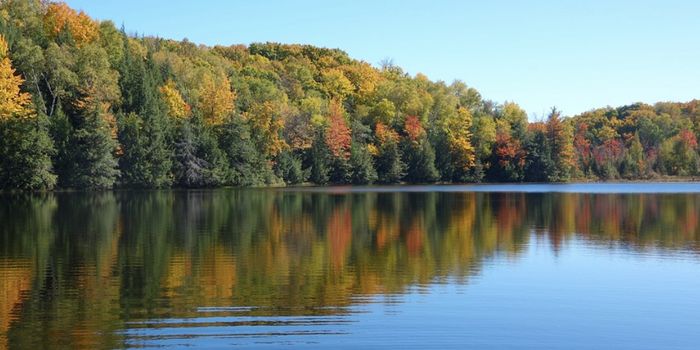Microbes can be used like little factories to churn out important or valuable chemicals. Now researchers are learning how to use bacteria to produce important metals. This process, called biomining, could be a practical and affordable way to obtain the crucial materials that will be needed to complete advanced space missions, such as those that will take humans to other planets.
The Biorock project from the ESA (European Space Agency) sought to investigate whether microbes could be used to isolate rare earth elements from a type of rock called basalt, which is present on the Moon and Mars in abundance. Reporting in Frontiers in Microbiology, researchers have shown that not only can bacteria mine elements from basalt in space, but they do the job even more efficiently with the altered gravity on a spaceship. Under reduced gravity conditions, microbes biomined as much as 238 percent more vanadium from basalt compared to what they make in Earth's regular gravity.
Vanadium is added to commercial steel to make it stronger and help it resist corrosion. That steel might be useful in construction on other planets. This process could be a way to get the materials we need, while avoiding the damage that can be caused by traditional mining practices that extract metals from the ground.
“Mining is a necessary part of civilization, and it has been going on since people first started settling in villages and cities,” said principal Biorock investigator Charles Cockell, a professor at the UK Centre for Astrobiology at the University of Edinburgh.
“Chemical methods of remediation can be very damaging, whereas bioremediation and bioleaching is environmentally friendly, and produces fewer toxins." Biomining doesn't take much energy, all that's needed is food for the microbes, he added. It can also be done in small spaces.
In this work, the researchers grew microbes in a growth media with nutrients in an incubator on the international space station. The researchers chose some of those bugs to metabolize basalt or rocks in microgravity, simulating conditions on the Moon and Mars.
More work will be needed to learn how this process works at larger scales, and whether it's feasible to perform this process an the surface of an asteroid, suggested Cockell.
“These results will help us answer the mechanisms behind biomining and develop useful technology for Earth.”
Sources: NASA, ESA, Frontiers in Microbiology



